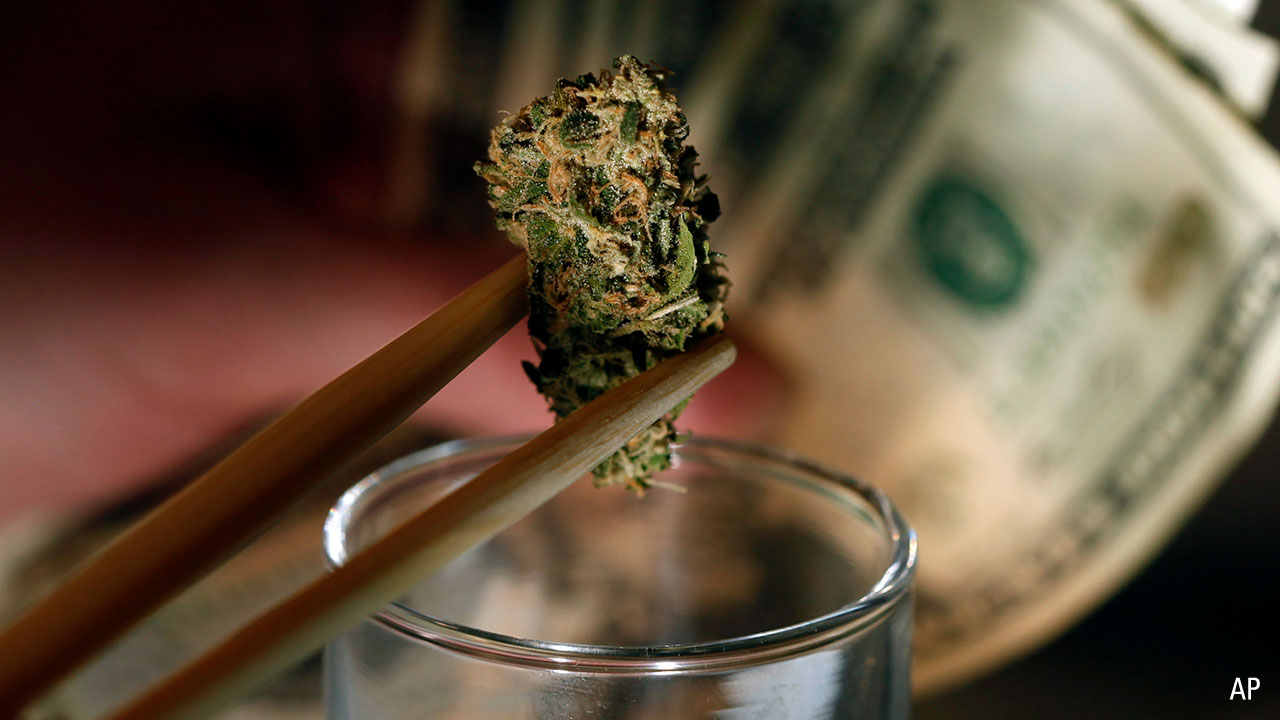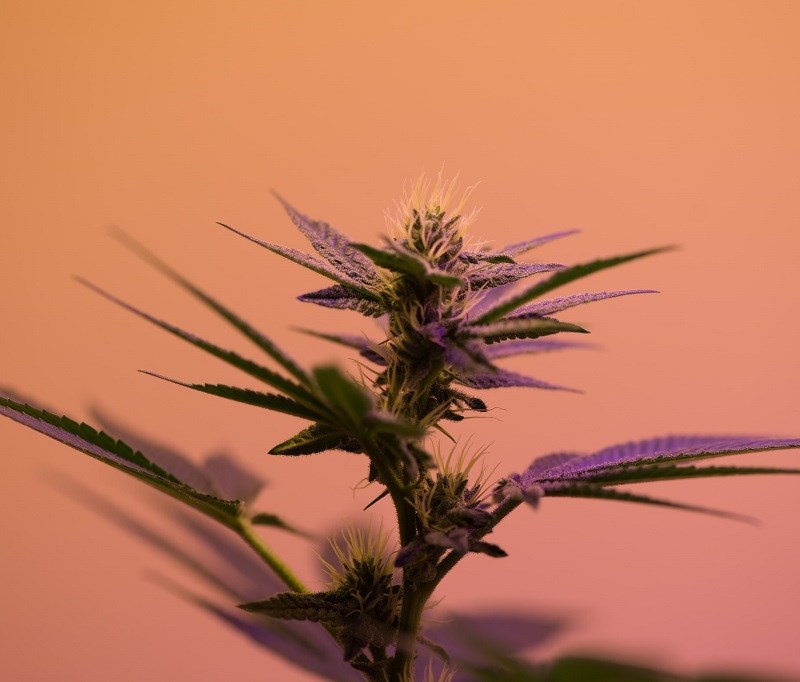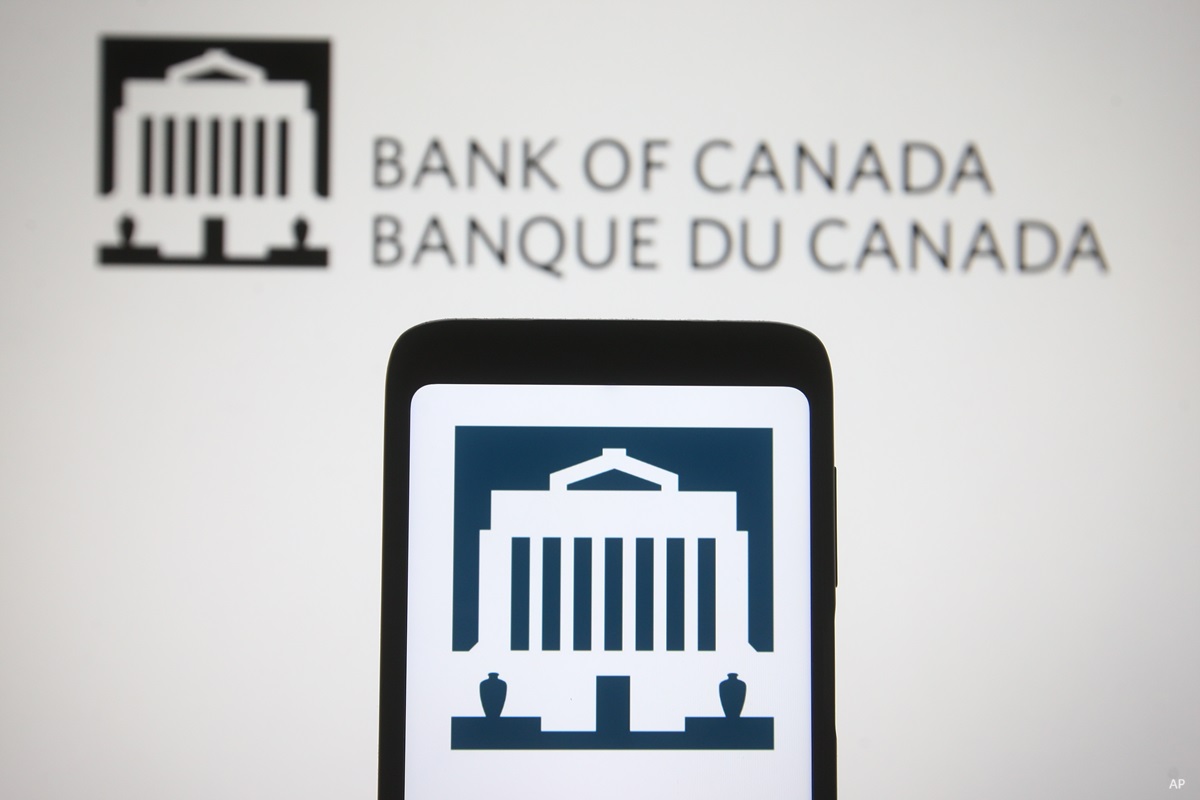Ruth Saldanha: While all eyes are on the upcoming U.S. presidential election, Canadians wonder what either candidate means for our marijuana business, which has been legal here since 2018. The democratic party presidential candidate Joe Biden has proposed decriminalization of marijuana while any potential changes remain more uncertain under current President Donald Trump. So, what is the future for cannabis stocks in Canada which are currently the most undervalued in our universe? Morningstar equity analyst Kristoffer Inton is here today to share his point of view.
Chris, thank you so much for being here today.
Kristoffer Inton: Thanks for having me.
Saldanha: First up, how are you reading the climate in the U.S. for cannabis, especially with the lens of the upcoming presidential election?
Inton: I would probably say in regards to the election with everything going on that cannabis is somewhat a smaller concern. And I think that overall though cannabis in the U.S. continues to gain more and more acceptance. Along with the U.S. presidential election we have five states that are considering recreational cannabis as part of the ballot and two states that are considering medical cannabis legalization. And so, overall, it's just an increasingly broader acceptance.
Saldanha: What would a Biden victory mean for cannabis?
Inton: So, I think with candidate Biden, the biggest thing is that he has proposed decriminalization. And so, taking a step back, decriminalization doesn't really affect the industry. It simply means that individuals caught with a small amount of cannabis would not be sent to jail. However, we think that represents a broader trend for softening federal stance on cannabis. And so, while decriminalization is a small step, we think that's a step towards things like opening up banks, opening up stock exchanges for cannabis companies, and maybe even eventually recognizing states' rights to decide the legality of cannabis within their borders.
Saldanha: On the flip side, what would a Trump victory mean for the sector?
Inton: I think if President Trump wins reelection, it's more a question of uncertainty. We don't know what he would do with cannabis. He's had four years, and in those four years, it's been a little bit uncertain, and he's largely maintained sort of the policy that President Obama had, which was kind of just letting states do what they do. And so, given his he hasn't made a strong stance in either direction, we don't know what would happen in four more years.
Saldanha: In either case, what are likely implications for Canadian growers and distributors of cannabis?
Inton: I think that's an interesting point to bring up is that the implication for Canada isn't that meaningful. And the reason is that you can't ship cannabis from Canada to the U.S. with the current laws. And so, what happens is that you have operators that only operate in Canada and you have operators that only operate in the U.S. And so, even though the stocks, Canadian stocks, seem to react on U.S. cannabis legalization, the only one company that really could benefit is Canopy Growth. Canopy Growth has a standing acquisition agreement with a U.S. multistate operator. If the federal law in the U.S. softens enough, the deal would immediately trigger and so, Canopy would immediately have a U.S. footprint. All the other Canadians don't have THC footprints in the U.S. or deals to get footprints, and we would need to see them compete in order to get the assets to start participating in the U.S. market.
Saldanha: Let's talk about the Canadian market now. Why have Canadian companies continued to underperform, and what are some of the risks that you foresee for the Canadian cannabis industry?
Inton: So, the Canadian market has shaped up to be very different than the U.S. market thus far. It's been a bit slower growing and I think the difference is that in the U.S., while demand has outpaced supply, it's been the opposite in Canada. Legalization didn't drive the huge growth in recreational legal demand that everyone thought, and instead, the supply sort of outpaced it. So, for a long time, amid a flux of capital, a lot of the cannabis producers were trying to expand operations as fast as possible.
Now, what we're seeing is the recognition that the market is growing slower. And so, a lot of the producers have stepped back their production plans and are taking more deliberate approaches than they originally had thought. And so, so we're starting to see a more rightsizing amongst supply and demand. And I think the other point I would make is that the Canadian consumer has been very different than the American consumer thus far. In a lot of the American markets we've seen consumers willing to pay for quality, and in Canada, it's been more of a value approach for consumers that are buying on price. But I think that's going to change as Canada continues to expand its vapes and edibles and all the other value-add products and those continue to enter the market.
Saldanha: As we said at the start, cannabis stocks are currently among the most undervalued in our universe. In this scenario, what is your top Canadian and U.S. picks and why do you like these stocks?
Inton: Sure. For Canada, I like Aphria. So, Aphria is the only Canadian producer we cover that has already reached EBITDA profitability. In the last two quarters, the stock price reaction to its earnings have been very negative and we think that's been the wrong way to look at it. People have been overly focused on things like impairments or the price of the realized sales going down, which doesn't reflect anything bad on their part, just shift mix towards their value brands. And so, we see a lot of value for them.
In the U.S., while we like all U.S. operators, we see Curaleaf as currently undervalued. The U.S. stocks unlike their Canadian peers are up massively in 2020 but we still continue to see opportunity for investors in Curaleaf shares.
Saldanha: So, Aphria and Curaleaf. We'll keep an eye on those. Thank you so much for being here today, Kris.
Inton: Great. Thank you.
Saldanha: For Morningstar, I'm Ruth Saldanha.
Want to invest in Cannabis 2.0?
Learn about the companies most ready to grow in our latest Observer here





















